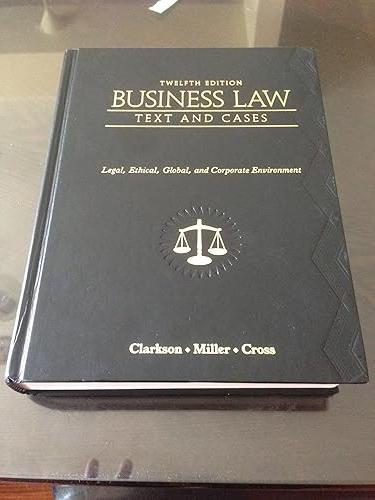Question
Common law vs civil law system Judge made law Rule-based adjudication Fact-specific adjudication Jurisdiction Judicial hierarchy Rules vs standards/principles Ruel of law Constitutionalism Textualism (or,
Common law vs civil law system Judge made law Rule-based adjudication Fact-specific adjudication Jurisdiction Judicial hierarchy Rules vs standards/principles Ruel of law Constitutionalism Textualism (or, interpretivism) Originalism (original intent) Doctrinalism Structuralism Process theory of judicial review Developmentalism Balancing Precedent (and doctrine of precedent) Judicial selection & retention Gubernatorial appointment Legislative election/appointment Partisan election Non-partisan election Merit selection Confirmation (& re-confirmation) Legal formalism Legal Realism "Hard" vs "easy" cases Judicial behavior Attitudinal model (& assumptions) Random assignment Countermajoritarian difficulty Judicial review Judicial independence Judicial tenure Judicial supremacy Judicial activism Judicial restraint Claim/cause of action Settlement Findings/issues of fact Rulings/issues of law Pre-trial & trial proceedings Appellate proceedings Majority opinion Dissenting opinion Concurring opinion Plurality opinion Rule Holding Reasoning Remedies Damages (compensatory & punitive) Federalism Separation of powers Checks and balances Enumerated powers Implied powers Concurrent powers Enumerated rights Unenumerated rights Supremacy clause Formal vs substantive equality Structural bias "Repeat players" "One-shotters" "Playing for rules" Coordinate vs inquisitorial litigation American vs English rule (attorney fees) Court costs
1. How do these terms relate to one another? (Not all terms relate to all others, ) 2. How do the terms and concepts listed inform judicial decision making and the role of courts in politics, policy, and democracy? 3. How do these terms and concepts relate to one another? 4. To what extent do the modes (or theories) of constitutional interpretation complement or conflict with each other? 5. What practical institutional, political, and/or policy concerns do these terms and/or concepts implicate or respond to? What kinds of normative and ideological concerns? 6. the theories of constitutional interpretation and be able to analyze and compare them. You should be able to identify some of the problems with the theories regarding such major concerns as democracy, constraints on judicial power, protecting the basic structure of the Constitution and the form of government it created, and the judicial role in the determination and enforcement of rights and the allocation of power. 8. How do the cases City of Boerne v. Flores (1997) and McCulloch v Maryland (1819) illustrate the core concepts related to judicial decision making, and illuminate the role and power of courts within the political system? 9. How do political, social, or economic factors influence how judges decide cases? 10. Think about judicial decision making in terms of the individual characteristics and interests of judges, and in terms of the institutional logic of the judicial role in a democratic political system. 11. What are the limits of judicial power and what determines them?
Step by Step Solution
There are 3 Steps involved in it
Step: 1
1 The terms and concepts listed are related to various aspects of the legal system judicial decision making and the role of courts They encompass different legal systems common law vs civil law judici...
Get Instant Access to Expert-Tailored Solutions
See step-by-step solutions with expert insights and AI powered tools for academic success
Step: 2

Step: 3

Ace Your Homework with AI
Get the answers you need in no time with our AI-driven, step-by-step assistance
Get Started


